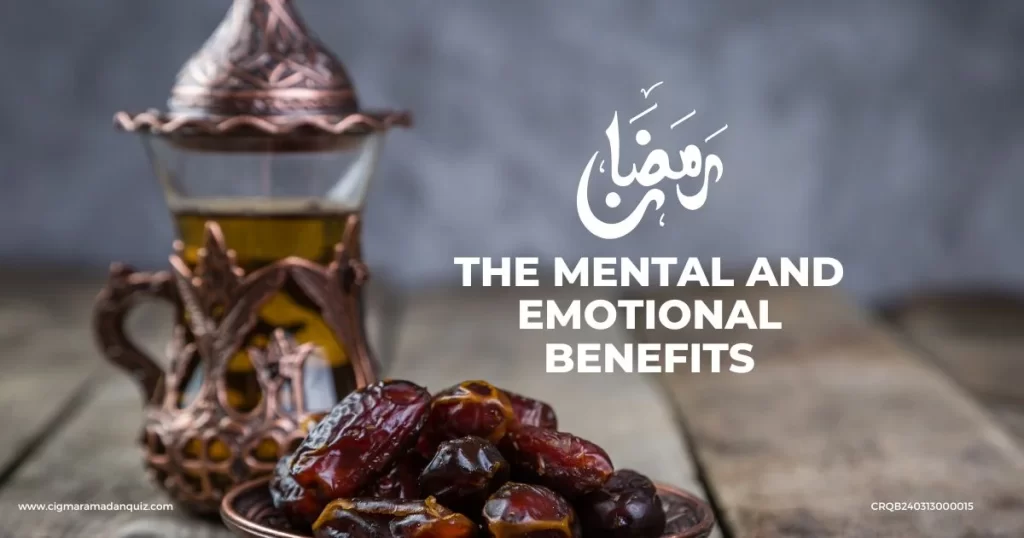Introduction
By now , everybody is well aware about the reasons of muslims Ramadan fasting during the holy month of Ramadan. We have also stopped to analyze the potential health benefits of fast in Ramadan, some people going as far as to assume that the entirety of Ramadan is like a 30-Day Diet plan.
Benefits of fasting during Ramadan can have huge Impact in your lifestyle as well as in your Deen. We know some myths, we know some facts but do we know how to debunk those myths? Especially the one myth where everybody believes that one of the benefits of fasting in Ramadan for an entire day ( including heavy meals during Suhoor and Iftar ) can help in drastic weight loss. While it depends upon the age, gender and metabolism of every person, the loss is seen only in a few pounds.
Change in lifestyle and eating habits benefit the weight -loss journey but spiritually and religiously speaking, Ramadan is meant purely for worship instead of Iftar parties and the like.
Also Check : When is Ramadan 2024

But on a more serious note, let’s discuss the benefits of Ramadan fasting
- Increased Autophagy : In simpler terms, autophagy is the process in which your body’s cells break down old or damaged cells and convert it into fuel or use it to maintain other cells. This process is activated during fasting and helps to reduce inflammatory issues as well as ensures proper functioning of the immune system of your body.
- Improved Gut Health : Emerging research suggests that fasting may positively impact gut microbiome composition [5]. The gut microbiome is a complex ecosystem of bacteria that plays a vital role in digestion, immune function, and overall health. Studies indicate that fasting can increase the diversity of gut bacteria, potentially leading to improved gut health and digestion.
- Improved Metabolic Health : Studies suggest that Ramadan fasting can positively impact insulin sensitivity and blood sugar control. This may be particularly beneficial for individuals with prediabetes or type 2 diabetes
- Weight Management : Ramadan fasting can lead to weight loss, particularly for individuals who maintain healthy eating habits during Suhoor (pre-dawn meal) and Iftar.However, it’s crucial to focus on consuming nutritious foods during these meals to ensure the body receives the essential nutrients it needs. Crash diets or excessive calorie restriction during Ramadan are not recommended, as they can have negative health consequences.
Also Check : Ramadan Mubarak 2024
Dua for fasting in Ramadan
There is a special duaa for fasting which should be made before the fast begins each day:
وَبِصَوْمِ غَدٍ نَّوَيْتُ مِنْ شَهْرِ رَمَضَانَ
Transliteration: Wa bisawmi ghadinn nawaiytu min shahri ramadan.
Translation: I intend to keep the fast for tomorrow in the month of Ramadan.
Consuming even a modest meal like a few dates and water aligns with the Sunnah of the Prophet (pbuh) and is strongly encouraged. This supplication, rooted in intention, can be voiced aloud or held within one’s heart. Reciting this prayer for fasting holds great significance as it formalizes the intention of fasting for the sake of Allah (swt), as ordained by Him, and signifies a deed filled with blessings and rewards.
Also Check : Rules of Taraweeh Salah and Taraweeh Ki Dua

Sharpening the Mind and Spirit : The Mental and Emotional Benefits of Ramadan Fasting
The act of fasting in Ramadan isn’t just about restricting food intake; it’s also about exercising self-control and mental discipline. This practice offers a range of benefits that extend to the mind and emotional well-being of individuals:
- Enhanced Self-Discipline : The act of abstaining from food and drink cultivates self-control and willpower. This newfound discipline can translate into various aspects of life, from managing time effectively to resisting unhealthy temptations.
- Increased Focus and Clarity : Research suggests that fasting can lead to improved cognitive function and mental clarity [6]. This may be due to changes in brain activity patterns during fasting, potentially leading to enhanced focus and concentration.
- Mindfulness and Self-Awareness : The practice of Ramadan encourages introspection and self-awareness. By experiencing hunger and thirst, individuals are prompted to connect with their internal sensations and emotions. This heightened awareness can be a catalyst for personal growth and self-understanding.
- Stress Reduction and Emotional Regulation : Studies suggest that fasting may contribute to lower stress levels and improved emotional regulation skills [7]. This may be because fasting helps to regulate the body’s stress hormone response, leading to a calmer and more balanced emotional state.
Also check : Ramadan Fasting 2023-24
Why do muslims fast during Ramadan
Fasting in Ramadan is a vital part of Islam, obligatory for all able Muslims. It helps in attaining piety, controlling desires, and seeking forgiveness for past sins. The Night of Power, Laylatul Qadr, holds special blessings. Fasting also fosters empathy and equality by making the rich and poor experience hunger equally. Ramadan lasts for 29 or 30 days, and exemptions exist for certain conditions like illness or travel. Charity during Ramadan is highly encouraged, following the Prophet’s (SAW) example.
Conclusion
Whether you’re Muslim or not, the lessons learned from Ramadan hold valuable meaning for everyone. Fasting fosters self-discipline, empathy, and gratitude – qualities that can enrich any life path. By understanding the significance of Ramadan, we gain a deeper appreciation for the diverse religious practices that shape our world.
